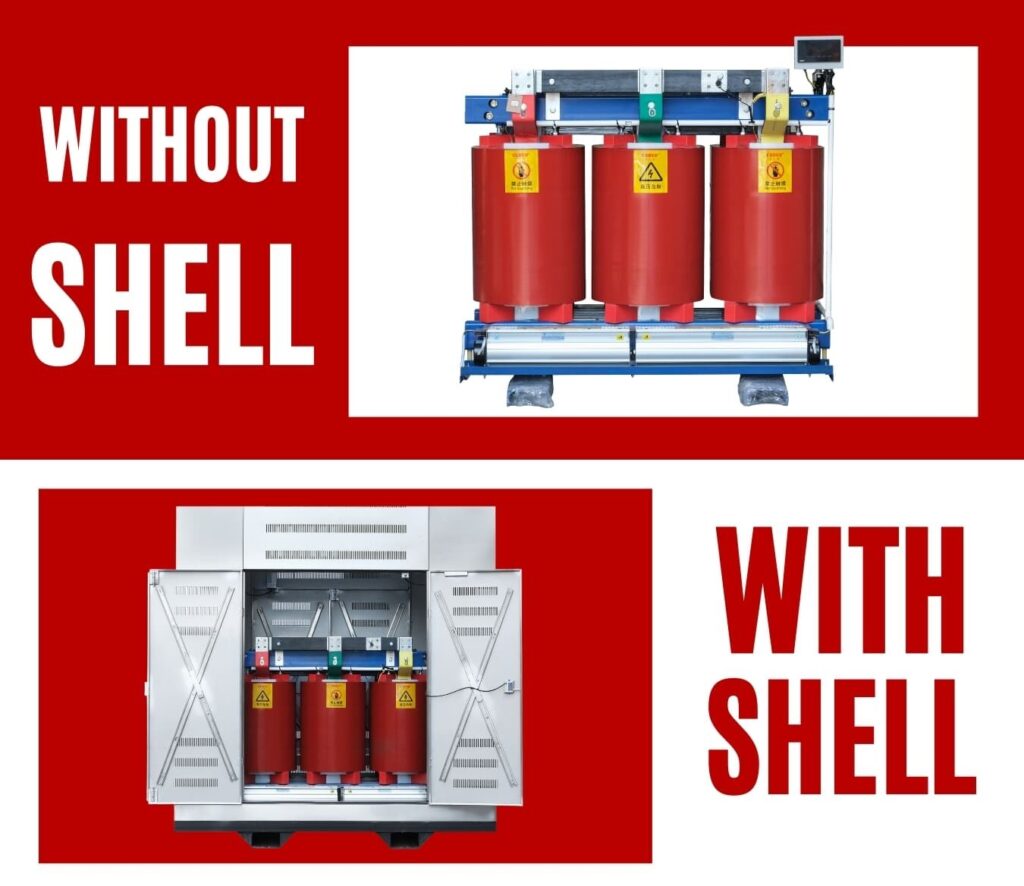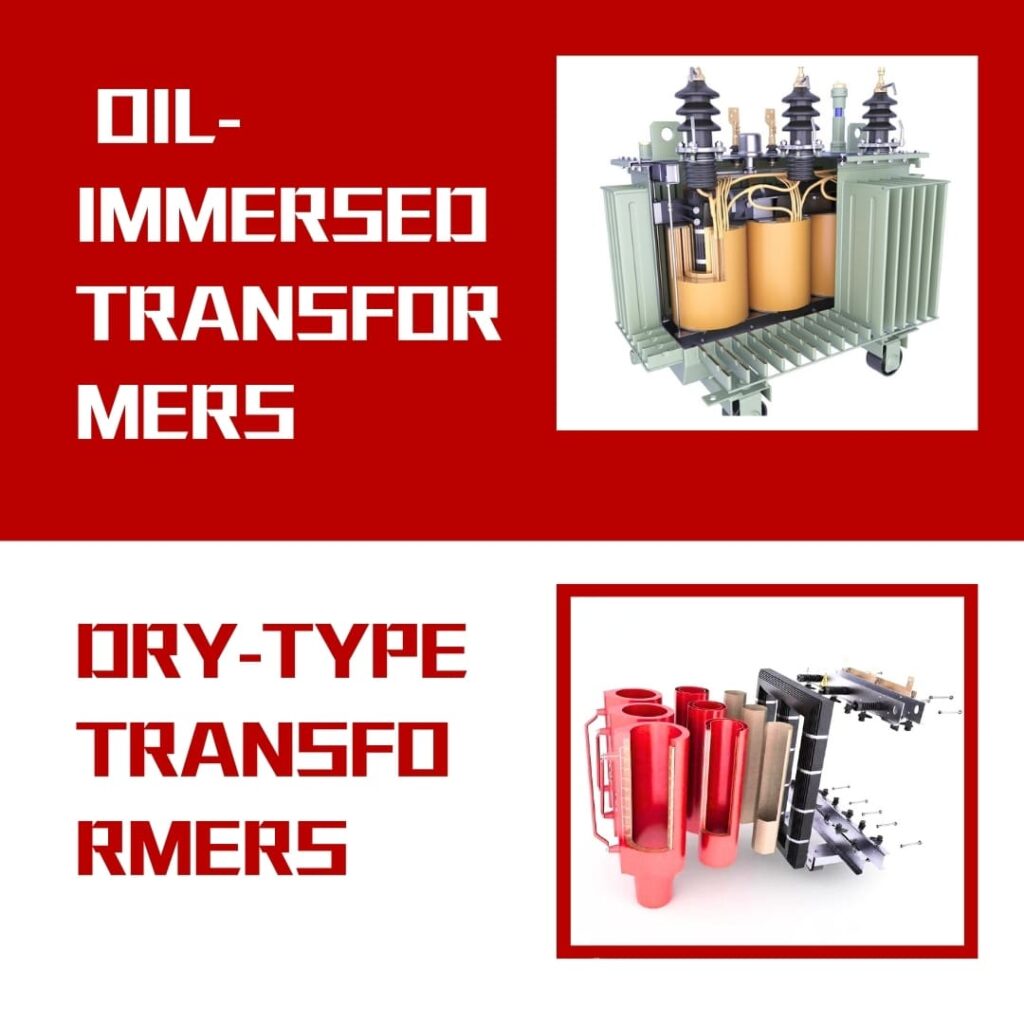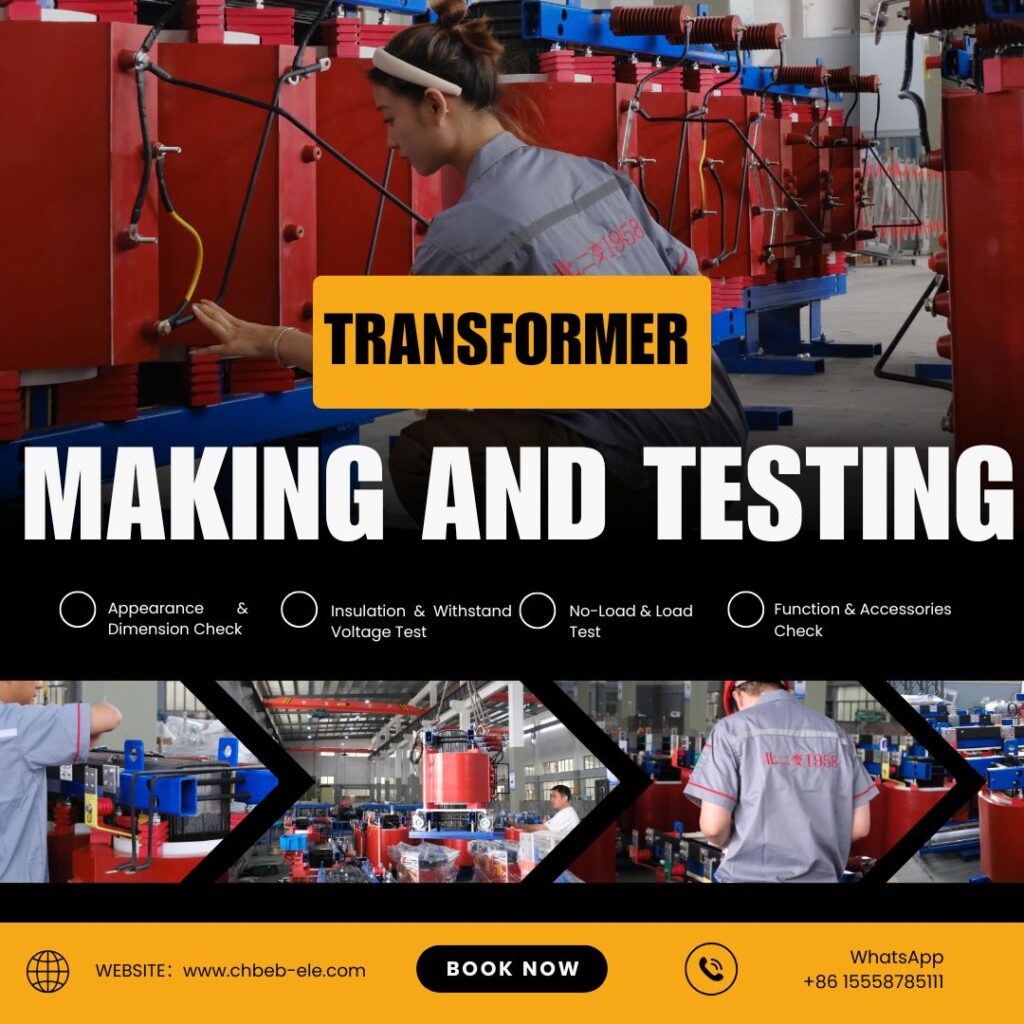Buy Dry Type Transformers Online: Your Complete Guide to Low Voltage and Custom Solutions
Why Do You Want Dry Type Transformers? The best answer for low-voltage uses
A lot of buyers have trouble picking the right type of transformer, which could lead to bad performance or greater prices. Dry type transformers1 overcome these problems by providing safe, efficient, and low-maintenance power solutions that are great for low-voltage uses.

A Comparison of the Main Benefits of Dry Type and Oil-Filled Transformers2

For a long time, oil-filled transformers have been the best way to distribute power, but they need oil management, leak prevention, and regular maintenance. On the other hand, dry type transformers use air or resin insulation, which gets rid of the dangers that come with oil.
- Safety: no oil that can catch fire, hence there are less fire concerns.
- Low Maintenance: No need to change or sample oil
- Good for the environment: little chance of oil leaks or soil pollution
- Compact Installation: Can be put indoors without any particular protection
- Durability: Can handle dust and dampness in tough conditions
This makes them perfect for places like shopping malls, schools, factories, and renewable energy projects where safety and following the rules are very important.
How to Choose the Right Transformer for Your Needs When Shopping Online
If you pick the wrong transformer, it could not work as well, get too hot, or break down too soon. Choosing the appropriate one makes sure it is secure, reliable, and will last a long time, especially when you buy it online and can’t see it in person.
Learn about important specs including kVA, voltage, phase, and winding materials.
For each project, the specifications of the transformer must be exactly right for the load and the environment.
| Specification | Description | Buyer Tip |
|---|---|---|
| kVA Rating3 | Power capacity of the transformer | Choose a kVA that matches or slightly exceeds your maximum load. |
| Primary & Secondary Voltage | Input and output voltages | Ensure compatibility with your local grid and equipment. |
| Phase | Single-phase or three-phase design | Use single-phase for residential/light commercial, three-phase for industrial loads. |
| Winding Material | Copper or aluminum conductors | Copper offers higher efficiency, aluminum is lighter and more cost-effective. |
An expert provider can do load calculations to make sure that what you buy fits your demands.
Customization Services: Making Solutions That Fit Your Specific Projects
Transformers that you may buy off the shelf might not work for specific uses. Customization makes ensuring that your transformer fulfills certain installation, performance, or regulatory needs.
- Unusual voltage combinations for export projects
- Better cooling solutions for hot weather
- Special boxes for putting things inside or outside
- Designs for reducing harmonic interference in sensitive electronics4
If you work with a supplier that offers engineering help, you can receive exactly what your project needs without having to make expensive sacrifices.
The Buying Process and Long-Term Value: From Asking Questions to Getting Help After the Sale
You shouldn’t have to give up assistance just because you buy online. The top vendors will help you from the first question to after-sales service, making sure you get the most value out of the transformer’s life.
- First, tell us about your load requirements, site circumstances, and compliance criteria.
- Technical Proposal: The supplier gives you specs, drawings, and a price quote.
- Order Confirmation: agreeing on the price, delivery time, and payment terms.
- Making and Testing: The transformer is made and tested to meet standards like IEC, IEEE5, and others.
- Delivery and Installation Help: Logistics are set up with the option of getting help on-site or from a distance.
- Service after the sale includes warranty coverage, spare parts, and technical help.

Frequently Asked Questions (FAQ): A Quick Guide to Common Problems
Q1: Is it okay to use a dry type transformer outside?
Yes, but only if it has a waterproof casing that can handle outdoor circumstances.
Q2: How long does a dry type transformer last?
With the right care, they usually last 20 to 30 years.
Q3: Do dry type transformers cost more than oil-filled ones?
The initial expenditures are a little higher, but the lower maintenance and safety compliance costs usually make up for it.
Q4: How quickly can I acquire a bespoke transformer?
The time it takes to get leads varies, but it’s usually between 2 and 6 weeks, depending on how complicated the project is and when it can be made.
Conclusion
For low-voltage and specialized projects, dry type transformers are a safe, easy-to-maintain, and environmentally responsible choice. You may buy online with confidence and make sure it will work for a long time if you know what you want and work with a trustworthy source.
Ready to Find the Perfect Dry Type Transformer?
Explore our full range of Dry Type Transformers to match your project requirements, or download our Product Catalog for detailed specifications and technical data.
Free CHBEB Transformer Catalog Download
Get the full range of CHBEB transformers in one catalog.
Includes oil-immersed, dry-type, pad-mounted, and custom solutions.
Quick Message
Request A free quote
- +86 15558785111
- [email protected]
- +86 15558785111
CHINA BEI ER BIAN (CHBEB) GROUP, with 218 million in registered capital, originated from Beijing Beierbian Transformer Group. Headquartered in Beijing for R&D, it operates major production bases in Nanjing and Yueqing, producing high-quality products.
No 3,RongJing East Road,BeiJing Economic Technological Development Area,BeiJing,China
No 7️Xiangfeng Road,Jiangning,NanJing,JiangSu,China
No.211, Wei 16 Road, Industrial Zone, Yueqing, Wenzhou, Zhejiang, China.
XiangYang Industrial Zone ,YueQing,WenZhou,ZheJiang,China
- [email protected]
- +86 13057780111
- +86 13057780111
- +86 15558785111
Copyright © Bei Er Bian Group


